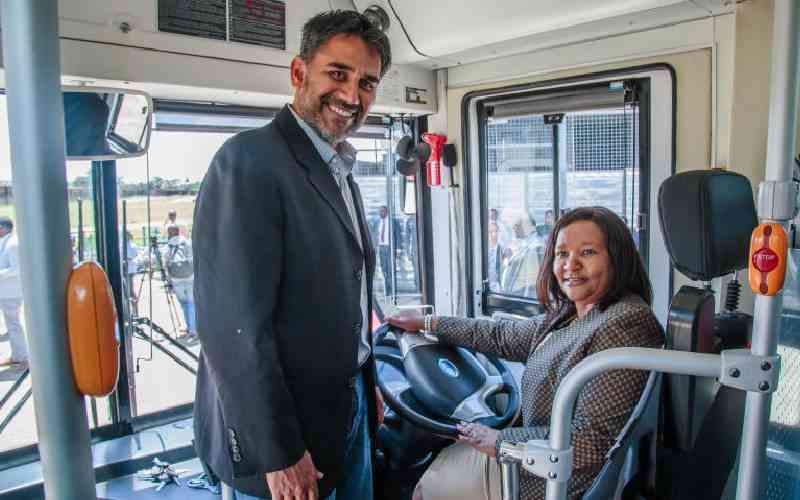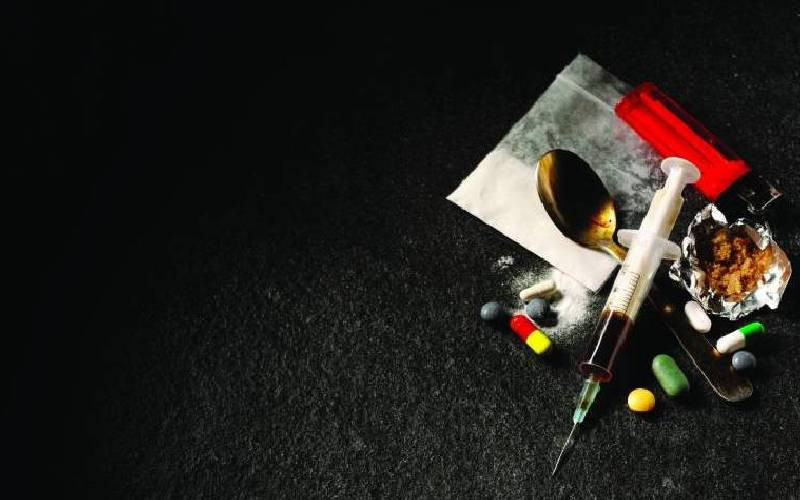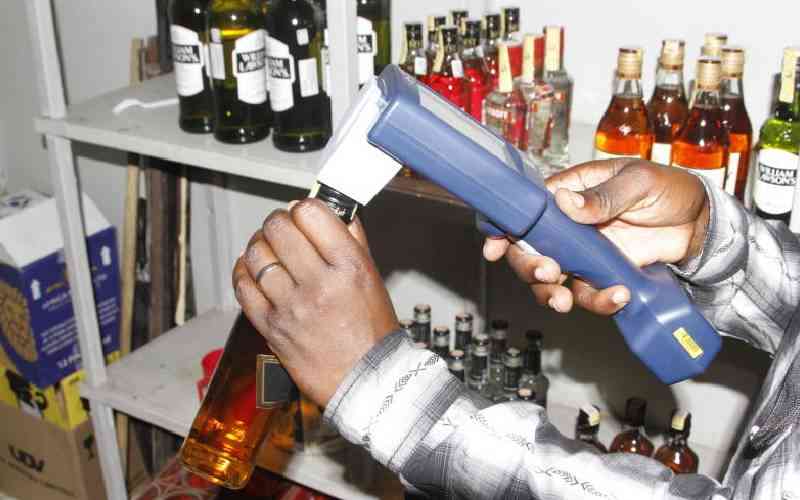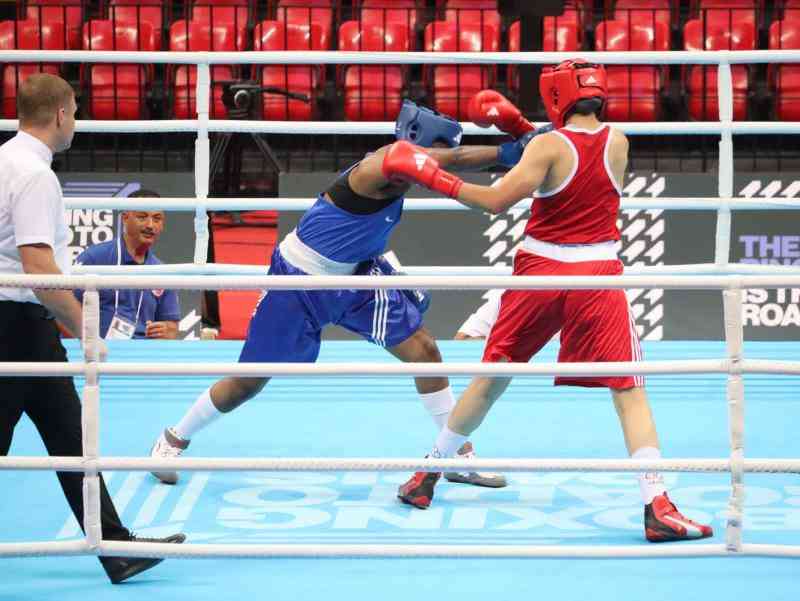By JOHN OYUKE
Global trade in counterfeit goods is gradually getting out of control, targeting virtually everything from cosmetics, clothes and accessories to life-saving medicines.
The situation is so dire that even multinationals are scared stiff, throwing stones, so to speak, to stop the spread of "me-too" menace.
Yet, this is happening amid a Catch-22 situation where even though manufacturers lose money to peddlers of fake products, several industries fear to admit their products have been faked because of the negative publicity that usually follows counterfeiting cases.
This is also true for countries that are major exporters, especially of drugs, where some governments are reportedly concealing information on the quantity of fake drugs circulating within their territories to avoid branding of their own as fake.
A recent workshop on dangers of counterfeit goods on public health in Mombasa heard that a number of manufacturers are not ready to admit their products have been faked or even give evidence of forgery, thus rendering efforts to fight counterfeits impotent.
An official of Unilever Group conceded that a number of manufacturers have not come out openly to support such efforts for fear that the brands, which they have painstakingly developed and marketed, will be scorned by would-be consumers.
Mr George Ngige, Assistant Security Manager at the Global Consumer Products Company said manufacturers fear to provide evidence that an item has been faked since they are not sure how the message would be communicated and received by consumers.
"The moment you claim that a certain product is counterfeited, consumers do not only stop buying it, they go ahead to shun even the genuine ones," he said, adding: "It therefore becomes more preferable to suffer in silence as you try to work out something."
And herein lies the problem because as counterfeiters pile up profits — industries are quietly spending ever more on stopping them, spending the money on a network of investigators, lawyers, and informants in factories suspected of making bogus products.
The "fly-by-night" firms as they are popularly known are hence capitalising on this fear among the manufacturers whose products are counterfeited to continue reaping from where they have not sown consequently holding intellectual property rights holders hostage.
DIGITAL TECHNOLOGY
Experts say counterfeiters are increasingly becoming smarter and many fakes are getting so good even company executives say it takes a forensic scientist to distinguish them from real ones.
Armed with digital technology, counterfeiters can churn out perfect packaging for newly launched products within days.
According to Ngige, some factories especially in China are becoming increasingly ingenious, inventive and scientifically oriented and are developing into world’s key manufacturers.
World Intellectual Property Organisation organised the three-day workshop with assistance from the Anti-Counterfeit Agency of Kenya to raise public awareness about the health and safety risks associated with buying counterfeit goods. ACA Executive Director, Mr Stephen Mallowah, said the country is estimated to be losing more than Sh40 billion per year though things are changing as the agency crack down on the scourge.
"We are requesting brand owners, organisations and consumers to continue working with us by offering any relevant information that can help us fight this vice," he said.
Ms Louise Van Greunen, Director of building respect for Intellectual Property at Wipo described counterfeiting as enemy of economic growth and appealed to all governments to implement legislation on counterfeiting of goods to improve their economies.
She said every commodity on the market have been pirated in some form, which is making it difficult for the originators to benefit from their creativity.
Stay informed. Subscribe to our newsletter
 The Standard Group Plc is a
multi-media organization with investments in media platforms spanning newspaper
print operations, television, radio broadcasting, digital and online services. The
Standard Group is recognized as a leading multi-media house in Kenya with a key
influence in matters of national and international interest.
The Standard Group Plc is a
multi-media organization with investments in media platforms spanning newspaper
print operations, television, radio broadcasting, digital and online services. The
Standard Group is recognized as a leading multi-media house in Kenya with a key
influence in matters of national and international interest.
 The Standard Group Plc is a
multi-media organization with investments in media platforms spanning newspaper
print operations, television, radio broadcasting, digital and online services. The
Standard Group is recognized as a leading multi-media house in Kenya with a key
influence in matters of national and international interest.
The Standard Group Plc is a
multi-media organization with investments in media platforms spanning newspaper
print operations, television, radio broadcasting, digital and online services. The
Standard Group is recognized as a leading multi-media house in Kenya with a key
influence in matters of national and international interest.








